We are not producing people like Barry Humphries anymore
Barry Humphries was so much more than a comedic genius. He was a brilliant painter, essayist, and public intellectual, a proper old school polymath.
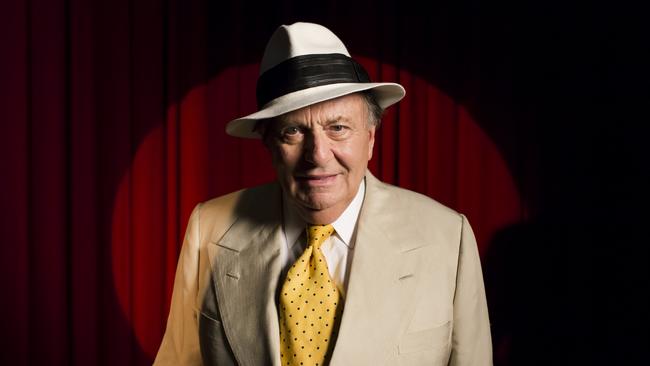
Barry Humphries was so much more than a comedic genius. He was a brilliant painter, essayist, and public intellectual, a proper old school polymath.
His death wasn’t only the loss of one of the greatest ever Australians but a reminder of our cultural decline as a nation.
We are not producing people like Humphries anymore and we haven’t for quite some time, at least not in the same number.
Humphries, born in 1934, was part of an extraordinary Australian generation that included Clive James, Robert Hughes, Geoffrey Blainey, Les Murray, Thomas Kenneally and Germaine Greer, to name just a handful of luminaries in the field of literature alone.
This efflorescence of talent, from a small nation with barely 6.5 million people in the mid-1930s, a quarter of our population today, extended beyond the higher arts.
Rupert Murdoch revolutionised international media, James Wolfensohn became one of the world’s most powerful bankers then bureaucrats, leading the World Bank for a decade.
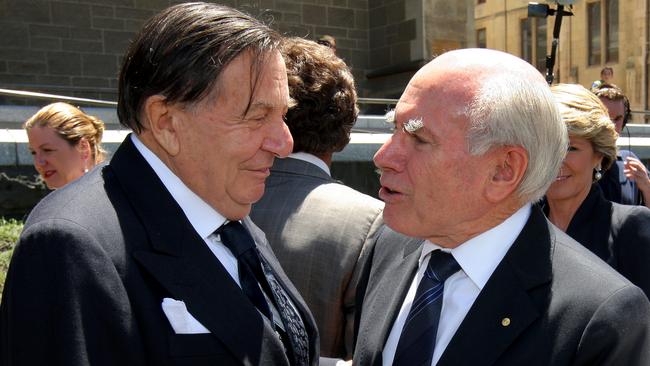
John Howard and Bob Hawke became the second and third longest serving prime ministers, dominating Australian politics for a generation combined.
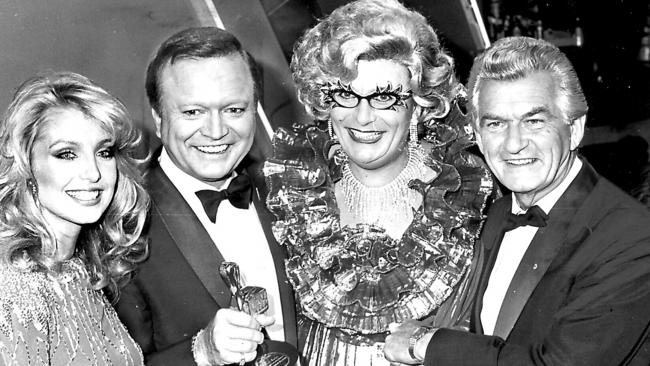
Only two of our 15 Nobel prizes have been awarded to Australians born after 1950, and one, Brian Schmidt, was born American and remained so much of his life.
Little did Donald Horne know, as he wrote The Lucky Country in 1964, about supposedly provincial post-War Australia, that this remarkable generation was just hitting its stride.
The generation born before the end of World War II was relatively small too.
Indeed, the year of Humphries’ birth marked the lowest point of Australian fertility in the first half of the 20th century, 2.1 births per woman, according to the Australian Institute of Family Studies, rising to more than 3.5 by 1960.
We’ve all had plenty of time to excel since: anyone born in 1960, for instance, is now approaching retirement age. And the Baby Boomers were a much larger generation, numerically,
Stationed in the US, I’m often struck, and a little embarrassed, by the fact Americans still volunteer Crocodile Dundee, a fictitious character played by Paul Hogan, 83, from a 1986 movie, as the most famous Australian.
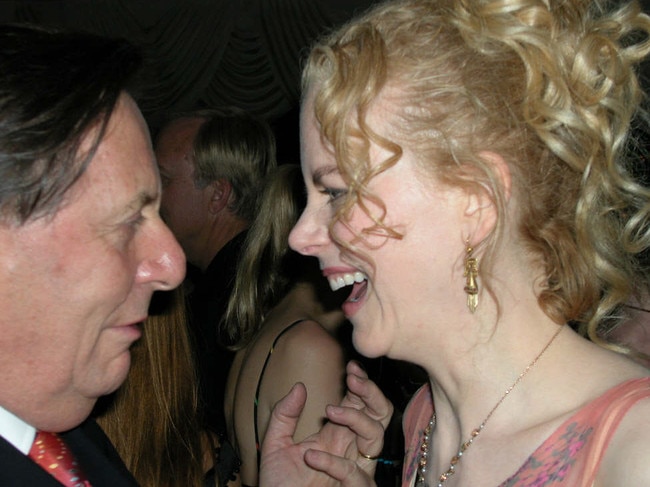
To be fair, Australia has produced in recent years a bevy of acclaimed actors – Cate Blanchett, Hugh Jackman, Nicole Kidman, and Geoffrey Rush – but for whatever reason, the Dundee impression was the one that stuck.
International recognition, or fame, is neither a necessary nor sufficient marker of brilliance or success, let alone as determined by the median American, but our lack of cut-through in recent years reflects a broader malaise.
In sport, once inseparable from Australian culture, our medal tally in the Olympics has fallen at successive Games between 2000 in Sydney and 2016 in Rio, before a promising bounce in Tokyo in 2020. The Wallabies’ winning streak under coach Alan Jones (another contemporary of Humphries) in the ’80s is unmatched.
The ’80s also appeared to mark the end of a purple period of internationally successful Australian musicians and bands over the generation since World War II: AC/DC, Jimmy Barnes, the Bee Gees, INXS, Crowded House.
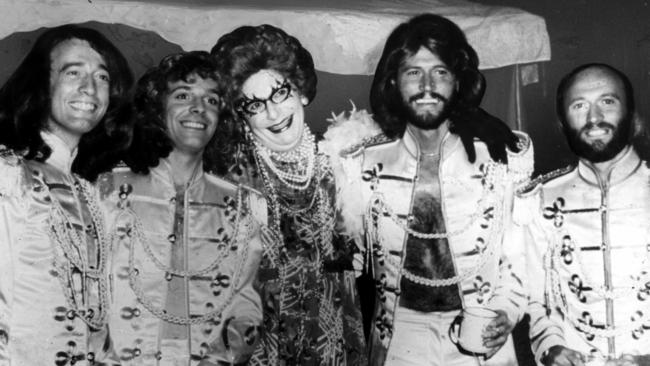
We are richer than ever in absolute terms, and in relative terms in the best position in more than a century, with a much larger population to boot. More Australians have more years of formal education than ever. So why are we no longer producing “greats” in the same proportion?
Perhaps it is that surge in Australian wealth that has sapped our collective propensity to excel in the arts, science and even business.
Careers in law, politics, medicine, consulting, for instance, offer the bright young person a far higher relative income than such fields offered in the ’40s and ’50s.
The growth of financial services since the ’80s in particular has for a long time been pulling the best and brightest away from the artistic, academic and scientific endeavours they may well have pursued in an earlier era.
“I suspect we are throwing more and more of our resources, including the cream of our youth, into financial activities,” the great US economist James Tobin observed in 1983, taking a dim view of the social utility of such activities.
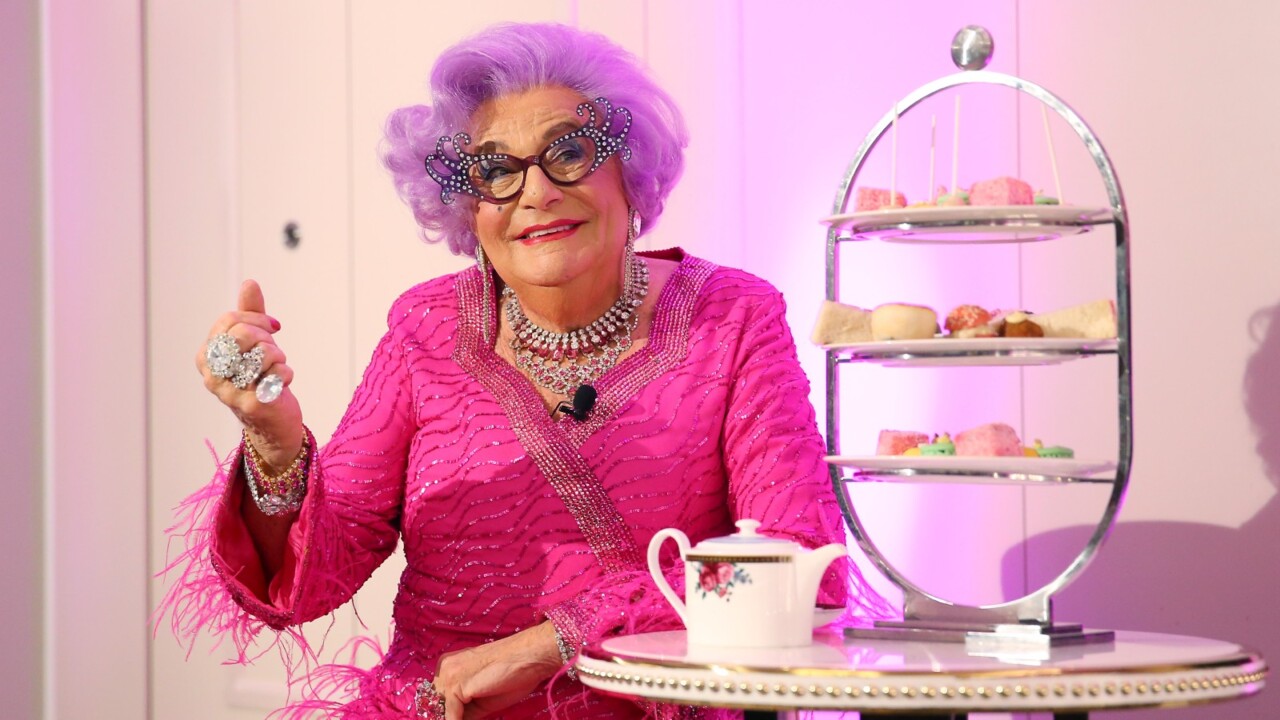
All these trends may become worse. We now spend mindless hours on social media while the number of hours in the day hasn’t changed. Attention spans have inevitably collapsed.
Social media offers a quicker, surer path to fame and fortune than the hard slog of mastering comedy, a sport, writing, science or painting.
These are universal challenges for Western nations, and I suspect similar articles could be written in the US, Britain and Canada.
Finally, being different has become riskier, as our cultures have become more aggressively conformist, political and emotional.
Numerous studies globally already point to steadily declining IQ scores in the general population throughout advanced nations since the ’80s.
Perhaps none of this matters: AI already can produce artwork on par with great human works.
I used to spot Humphries, as he strolled in Potts Point, in his later years, with fedora and cane.
The excitement of meeting such brilliant individuals may well become a rarer experience for many.


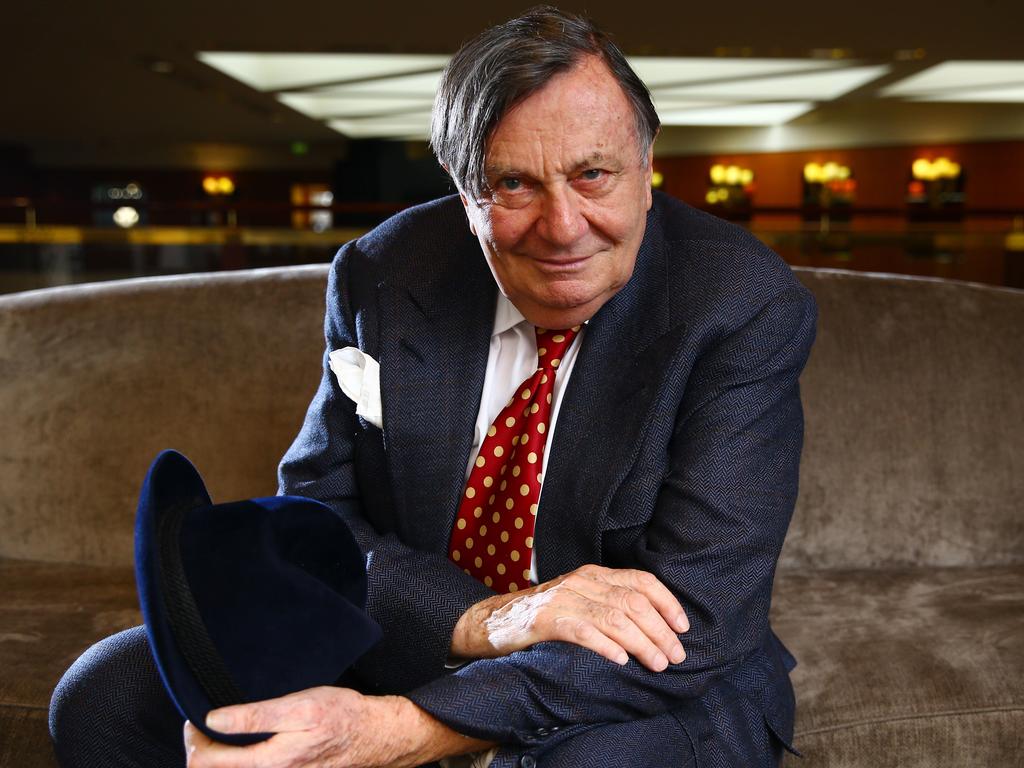
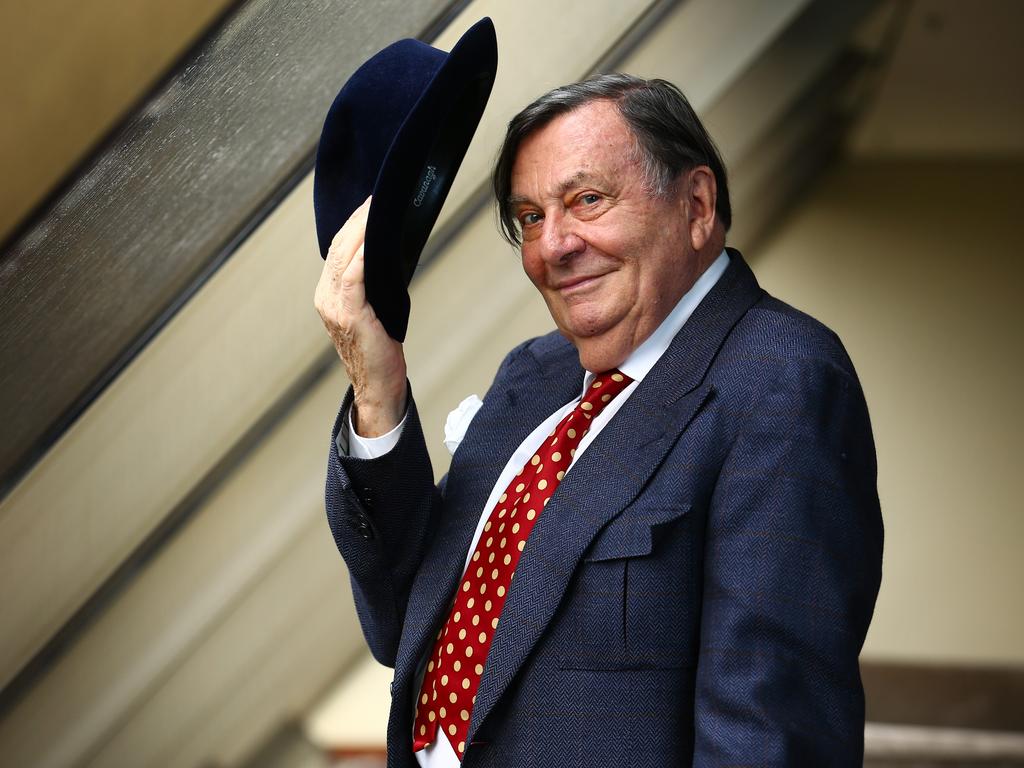


To join the conversation, please log in. Don't have an account? Register
Join the conversation, you are commenting as Logout